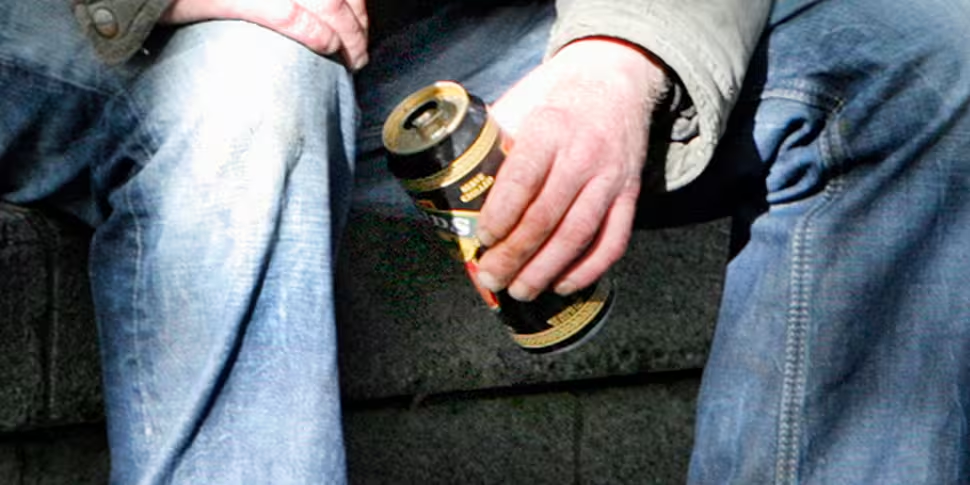People who consistently break the law while drunk are to be forced to wear tags that can detect whether they are drinking.
The mandatory so-called 'sobriety tags', which look like electronic tags, could force abstinence for up to four months and work by recording alcohol intake - measuring air and sweat emissions from the skin every half an hour.
If offenders break a drinking ban, they could find themselves back in front of a judge who will consider further sanctions or send them to prison.
This scheme will initially apply only to a handful of London boroughs in the UK - Croydon, Lambeth, Southwark and Sutton - and involve 100-150 offenders and is not aimed at those who are alcohol dependent.
The Mayor of London, who announced the scheme, said his aim was to reduce crime.
Boris Johnson said "Alcohol-fuelled criminal behaviour is a real scourge on our high streets, deterring law-abiding citizens from enjoying our great city, especially at night, placing massive strain on frontline services, whilst costing businesses and the taxpayer billions of pounds".
"I pledged to tackle this booze culture by making the case to government for new powers to allow mandatory alcohol testing as an additional enforcement option for the courts".
Alcohol-related crime remains a costly problem - estimated at between stg£8bn (€10bn) and stg£13bn (€16.3bn) every year - and two out of every five A&E attendances there are due to drink-related injuries.
The tags are widely used in the US - most famously on troubled actress Lindsay Lohan who was ordered to wear one after failing to show up for a probation hearing. Authorities claim it has a success rate above 95% as well as reducing re-offending and domestic violence.
Critics have attacked the scheme, arguing that monitoring what people drink is a step too far, though that is denied by the company behind the tags.
A pilot scheme trialled in Scotland lasting several years failed to lead to the system being adopted. This latest attempt is due to last a year.









